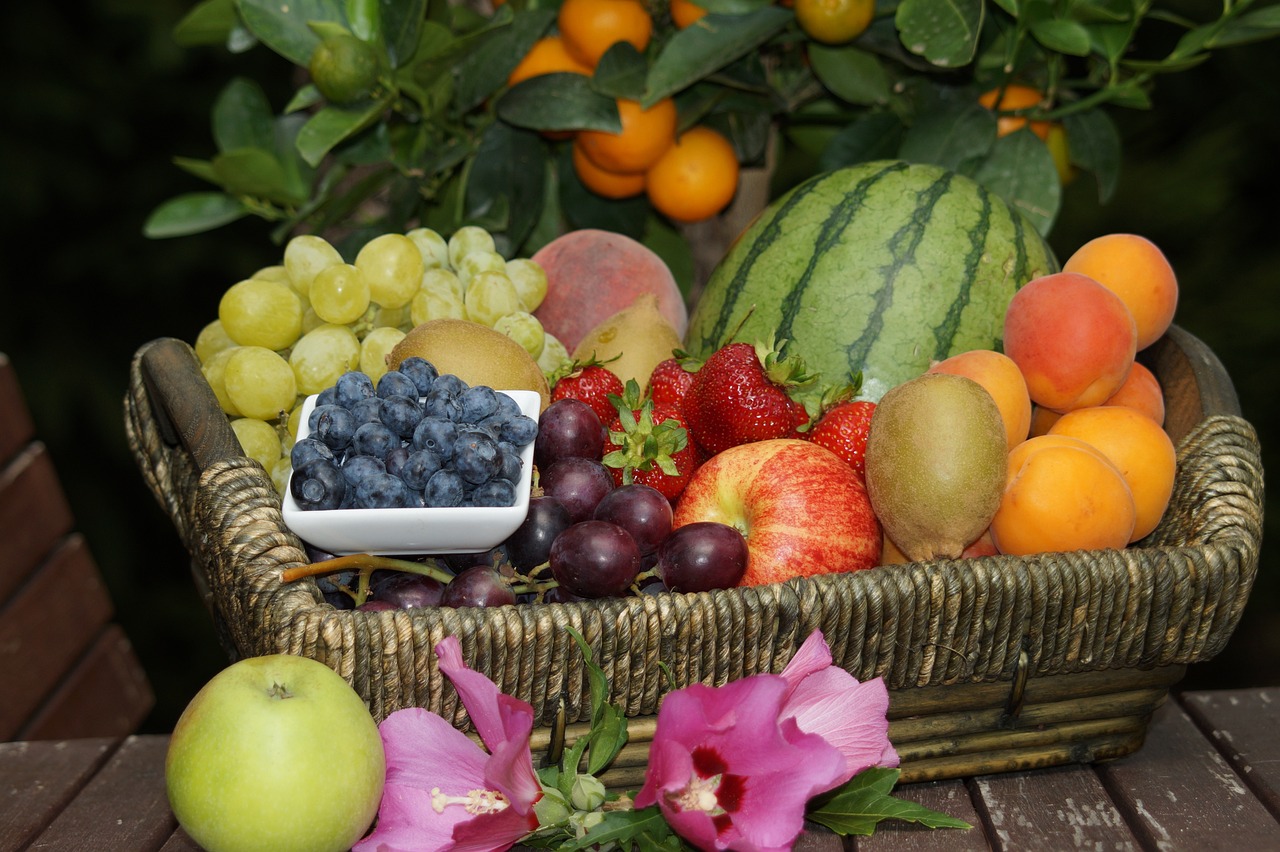Introduction
The Netherlands has long been a leader in sustainability efforts, and its success in reducing food waste in supermarkets is no exception. A pioneering initiative, spearheaded by the Food Waste Free United Foundation and Wageningen University & Research, has seen food waste in Dutch supermarkets drop by an impressive 35% since it was first monitored in 2018. This positive trend demonstrates the impact of collaborative efforts between researchers, the retail industry, and consumers, showing that systemic change is possible even in industries that traditionally generate significant waste.
The reduction of food waste is not just an environmental or economic issue—it also has significant implications for global food security. The fact that the Dutch model is achieving measurable success offers important lessons for other nations and industries looking to tackle food waste and its associated impacts.
The Origins of the Dutch Food Waste Initiative
In 2018, the Food Waste Free United Foundation and Wageningen University & Research (WUR), two leading institutions in sustainability and food science, launched a national monitoring program to track food waste across the Dutch supermarket sector. The initiative aimed to gain a clear understanding of the volume and types of food being wasted, identify key areas for improvement, and develop practical solutions that could be scaled across the industry.
The initiative focuses on several critical factors contributing to food waste in retail, including:
- Overproduction and overstocking: Supermarkets often overstock products to ensure shelves are full, leading to items being discarded when they surpass sell-by dates or spoil.
- Consumer expectations and aesthetics: Imperfect or “ugly” produce, which may not meet visual standards, is often discarded even though it is still safe for consumption.
- Packaging and labeling: Confusion around use-by and sell-by dates can lead to perfectly good food being thrown out prematurely.
Through comprehensive monitoring and collaboration with industry stakeholders, the initiative has been able to track food waste reductions, identify effective strategies, and implement policies to tackle the issue.
Key Findings and Achievements
According to the latest data from Food Waste Free United, Dutch supermarkets have made significant strides in reducing food waste. Since the initiative began in 2018, there has been a 35% reduction in supermarket food waste—a considerable achievement in a sector notorious for generating large amounts of waste.
Key drivers behind this success include:
- Improved Forecasting and Stock Management: By leveraging data analytics and advanced inventory management systems, supermarkets have been able to predict demand more accurately and reduce overproduction. This has led to fewer surplus items being left unsold and subsequently thrown away.
- Better Collaboration with Suppliers: The initiative has encouraged supermarkets to work more closely with food suppliers to align on realistic delivery schedules and inventory levels. By improving communication and aligning expectations, suppliers and retailers can reduce waste caused by unsold products.
- Discounted or Donated Surplus Products: Many supermarkets now offer discounted items approaching their expiration dates or donate unsold goods to charities. This strategy helps reduce food waste by redirecting products to consumers who can still use them while benefiting the community.
- Focus on “Ugly” or Imperfect Produce: A growing trend in Dutch supermarkets has been the acceptance of imperfect or “ugly” produce—fruits and vegetables that might not meet aesthetic standards but are still perfectly good for consumption. These products are often sold at a discount or used in prepared meals, reducing the volume of wasted fresh produce.
- Educational Campaigns and Consumer Awareness: The Food Waste Free United Foundation has also led campaigns aimed at increasing consumer awareness about food waste. By educating shoppers on how to reduce waste at home—such as proper storage methods, understanding food labeling, and meal planning—these efforts have empowered consumers to play an active role in reducing food waste.
- Recycling and Repurposing Food Waste: Supermarkets are increasingly adopting practices to recycle food waste through composting or turning it into animal feed or bioenergy. This helps close the loop on food waste and reduces its environmental impact.
The Role of Wageningen University & Research
Wageningen University & Research (WUR), known globally for its expertise in food science, agriculture, and sustainability, has played a central role in the initiative. As part of the WUR Food & Biobased Research department, researchers have developed tools for measuring and monitoring food waste across the supermarket supply chain. These tools are essential for understanding where waste occurs, quantifying it, and testing different solutions to curb it.
Through partnerships with retailers, WUR researchers have been able to test various interventions, such as improving inventory systems, revising product packaging, and trialing new waste reduction technologies. The university’s expertise in both food systems and consumer behavior has been instrumental in developing strategies that balance the economic interests of retailers with the goal of reducing waste.
Impact on the Environment and Economy

Reducing food waste in supermarkets has far-reaching benefits.
- Environmental Benefits: Wasting food also means wasting the resources that went into producing it—such as water, energy, and labor. By reducing food waste, supermarkets are helping to reduce the overall environmental footprint of the food system. According to the UN Food and Agriculture Organization (FAO), approximately one-third of all food produced globally is wasted, contributing significantly to greenhouse gas emissions. The Dutch initiative’s success serves as a model for reducing these emissions by improving supply chain efficiency and minimizing food waste.
- Economic Benefits: The reduction in food waste also has economic benefits. Supermarkets benefit from more efficient operations, as they avoid throwing out unsold stock, and consumers benefit from lower prices on products that might otherwise have been discarded. Additionally, donating unsold food to charities provides both economic and social value, addressing food insecurity while reducing waste.
- Social Benefits: The initiative also contributes to social sustainability by partnering with food banks and charities to redistribute surplus food to those in need. This helps address food insecurity, which remains a challenge in many countries, including the Netherlands.
Challenges and Future Goals
While the 35% reduction in food waste is a remarkable achievement, the Dutch initiative acknowledges that there is still much work to be done. Some of the ongoing challenges include:
- Consumer Behavior: While education efforts have helped reduce waste at the consumer level, habits such as over-purchasing or improper storage continue to contribute to food waste in homes. Further campaigns to encourage responsible shopping and better meal planning will be key to sustaining reductions.
- Regulatory and Industry Barriers: Despite progress, regulatory hurdles still exist in terms of product labeling, food safety standards, and disposal regulations that can limit the ability of supermarkets to sell, donate, or repurpose products approaching their expiry dates.
- Scaling Up: While the initiative has seen success in Dutch supermarkets, scaling these practices to other regions, both within Europe and beyond, will require additional collaboration across borders and industries.
- Expanding Technology Use: The continued adoption of digital tools, data analytics, and AI for waste forecasting and inventory management will be crucial to further reducing waste in the supermarket sector.
Looking Forward: Replicating Success Globally
The Dutch model for reducing supermarket food waste has the potential to be replicated in other countries around the world. As food waste becomes an increasingly urgent issue globally, countries looking to tackle waste could benefit from the lessons learned in the Netherlands. By focusing on collaboration, data, consumer engagement, and sustainability, the Dutch initiative demonstrates that reducing food waste is not only necessary but achievable.
With the support of both industry and consumers, and continued research from institutions like Wageningen University & Research, it’s clear that food waste in supermarkets can continue to decline—and with it, a significant opportunity for positive environmental, economic, and social impact.
